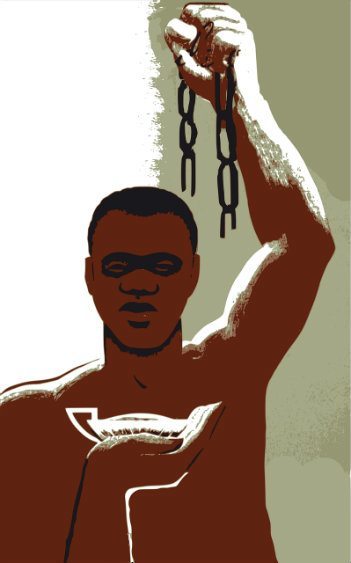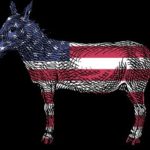Understanding The 13th Amendment
Some people likely believe that the Emancipation Proclamation ended slavery in the U.S. Others likely believe that  the 13th Amendment to the U.S. Constitution officially ended slavery.
the 13th Amendment to the U.S. Constitution officially ended slavery.
Learning details of the 13th Amendment provides an understanding of the history and reasoning leading up to the passage of the amendment. It also clarifies how the 13th Amendment differs from the Emancipation Proclamation.
Brief History Of The 13th Amendment
The 13th Amendment known today is not the originally drafted 13th Amendment. In fact, the original 13th Amendment is the complete opposite of the official 13th Amendment. This potentially leads to confusion when trying to understand the 13th Amendment.
Both Congress and the U.S. Senate actually passed the original 13th Amendment in 1861; however, the Civil War began before ratification occurred. Therefore, the original amendment never became an official amendment. Had the original 13th Amendment passed, it would have changed a crucial part of American History. This is because the original 13th Amendment was not intended to end slavery, but “to guarantee the legality and perpetuity of slavery in the slave states, rather than to end it” according to Great American History.
Because of the start of the Civil War, the states never ratified the amendment, the meaning of which changed to the amendment as we know it today. After the Civil War started, discussions and debates occurred regarding the abolishment of slavery. America’s leaders officially began debating, drafting and passing an amendment to abolish slavery in 1864. The Library of Congress makes available the entire series of debates, beginning with a March 31, 1864, debate in the U.S. Senate and the passage of the 13th Amendment in the Senate on April 8, 1864. On June 14, Congress held debates and defeated the 13th Amendment the following day, with a vote of 93 in favor of the 13th Amendment, 65 opposed to the 13th Amendment and 23 representatives not voting.
In December, President Abraham Lincoln urged Congress to reconsider, leading to a new vote. On January 31, 1865, Congress passed the 13th Amendment. President Lincoln submitted the proposal to abolish slavery to the individual states and in December 1865, the states ratified the 13th Amendment.
Details Of The Amendment
The specific wording of the amendment made it clear that the 13th Amendment abolished slavery as well as servitude. Our Documents quotes the actual wording, “Neither slavery nor involuntary servitude, except as a punishment for crime whereof the party shall have been duly convicted, shall exist within the United States, or any place subject to their jurisdiction.”
So the only exception to any type of involuntary servitude was in the case of an individual convicted of a criminal act. Although some slave owners committed horrific acts against slaves, some slave owners did not treat slaves in an inhumane manner. Therefore, after the passage of the 13th amendment, some former slaves continued living on the plantations in a role of voluntary servitude.
plantations in a role of voluntary servitude.
How This Amendment Differs From The Emancipation Proclamation
Although the Emancipation Proclamation did not end slavery, it did play an important role in American History and the fight to end slavery.
As the Civil War raged on, Abraham Lincoln issued the Emancipation Proclamation to the Southern States in an effort to end the Confederate rebellion. When the Confederate States did not yield to Lincoln’s demands, he formally issued the Proclamation on January 1, 1863.
Although the Emancipation Proclamation paved the way for the eventual abolishment of slavery, the Proclamation itself did not abolish slavery. Lincoln declared that slaves were “forever free” in the Emancipation Proclamation. However, he could not legally end slavery on his own. The Proclamation became one of the most important historical documents in U.S. History, there was no legal basis for enforcing it because President Abraham Lincoln issued the Proclamation on his own. Ending slavery required an amendment to the U.S. Constitution. That is the reason that the 13th Amendment actually ended slavery, not the Emancipation Proclamation.







